Hyundai Bayon vs Vauxhall Zafira Life - Differences and prices compared
Compare performance (90 HP vs 180 HP), boot space and price (20100 £ vs 36000 £ ) at a glance. Find out which car is the better choice for you – Hyundai Bayon or Vauxhall Zafira Life?
Costs and Efficiency:
When it comes to price and running costs, the biggest differences usually appear. This is often where you see which car fits your budget better in the long run.
Hyundai Bayon has a significantly advantage in terms of price – it starts at 20100 £ , while the Vauxhall Zafira Life costs 36000 £ . That’s a price difference of around 15934 £.
Fuel consumption also shows a difference: Hyundai Bayon manages with 5.80 L and is therefore evident more efficient than the Vauxhall Zafira Life with 7.10 L. The difference is about 1.30 L per 100 km.
Engine and Performance:
Power, torque and acceleration are the classic benchmarks for car enthusiasts – and here, some clear differences start to show.
When it comes to engine power, the Vauxhall Zafira Life has a clearly edge – offering 180 HP compared to 90 HP. That’s roughly 90 HP more horsepower.
In acceleration from 0 to 100 km/h, the Vauxhall Zafira Life is a bit quicker – completing the sprint in 10.60 s, while the Hyundai Bayon takes 11.90 s. That’s about 1.30 s faster.
There’s also a difference in torque: Vauxhall Zafira Life pulls decisively stronger with 400 Nm compared to 172 Nm. That’s about 228 Nm difference.
Space and Everyday Use:
Whether family car or daily driver – which one offers more room, flexibility and comfort?
Seats: Vauxhall Zafira Life offers distinct more seating capacity – 8 vs 5.
In curb weight, Hyundai Bayon is convincingly lighter – 1175 kg compared to 1953 kg. The difference is around 778 kg.
In terms of boot space, the Hyundai Bayon offers convincingly more room – 411 L compared to 0 L. That’s a difference of about 411 L.
When it comes to payload, Vauxhall Zafira Life convincingly takes the win – 914 kg compared to 460 kg. That’s a difference of about 454 kg.
Who wins the race?
The Vauxhall Zafira Life proves to be is largely superior and therefore becomes our DriveDuel Champion!
Vauxhall Zafira Life is the better all-rounder in this comparison.
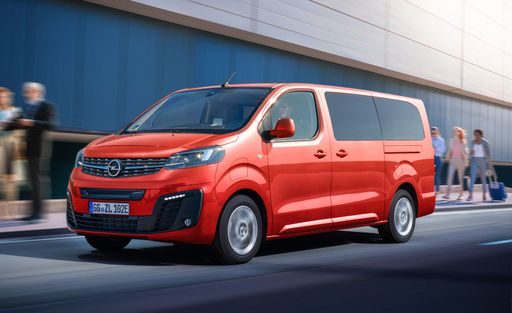
Vauxhall Zafira Life
Costs and Consumption
View detailed analysis
Engine and Performance
View detailed analysis
Dimensions and Body
View detailed analysis
Hyundai Bayon
The Hyundai Bayon slips neatly between city runabout and small SUV, offering surprising practicality and a fresh, confident design that stands out in urban traffic. It's an easy buy for shoppers who want smart packaging, tidy handling and a dash of personality without fuss — a sensible little crossover that makes everyday driving a bit more enjoyable.
details




Vauxhall Zafira Life
The Opel Zafira Life is a practical, no-nonsense people carrier that wraps flexible space and family-friendly features into a tidy, grown-up package. It’s comfy on long runs, easy to live with day to day, and wears its van roots with surprising style — the kind of sensible buy that still manages to smile.
details
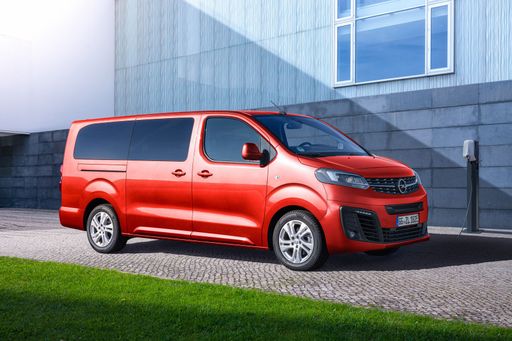
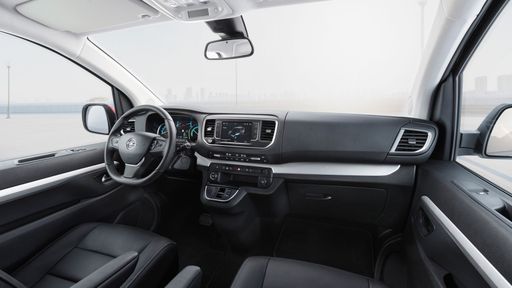
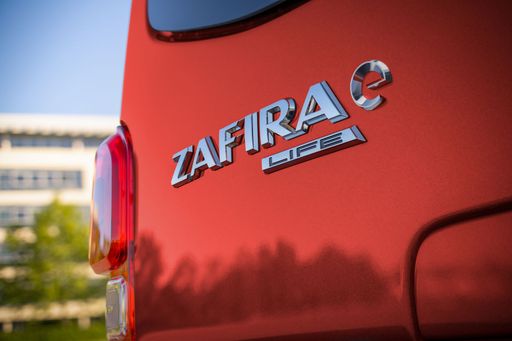
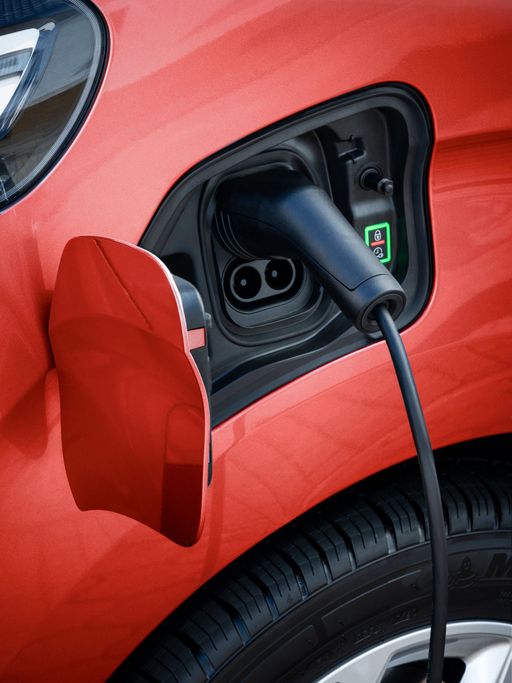
Costs and Consumption |
|
|---|---|
|
Price
20100 - 25800 £
|
Price
36000 - 53200 £
|
|
Consumption L/100km
5.80 L
|
Consumption L/100km
7.10 L
|
|
Consumption kWh/100km
-
|
Consumption kWh/100km
24.7 - 24.8 kWh
|
|
Electric Range
-
|
Electric Range
220 - 347 km
|
|
Battery Capacity
-
|
Battery Capacity
-
|
|
co2
130 - 132 g/km
|
co2
0 - 186 g/km
|
|
Fuel tank capacity
-
|
Fuel tank capacity
70 L
|
Dimensions and Body |
|
|---|---|
|
Body Type
SUV
|
Body Type
Bus
|
|
Seats
5
|
Seats
8
|
|
Doors
-
|
Doors
5
|
|
Curb weight
1175 - 1200 kg
|
Curb weight
1953 - 2240 kg
|
|
Trunk capacity
411 L
|
Trunk capacity
0 L
|
|
Length
-
|
Length
4981 - 5331 mm
|
|
Width
1775 mm
|
Width
2010 mm
|
|
Height
-
|
Height
1890 mm
|
|
Max trunk capacity
-
|
Max trunk capacity
4200 - 4900 L
|
|
Payload
450 - 460 kg
|
Payload
850 - 914 kg
|
Engine and Performance |
|
|---|---|
|
Engine Type
Petrol
|
Engine Type
Electric, Diesel
|
|
Transmission
Manuel, Automatic
|
Transmission
Automatic
|
|
Transmission Detail
Manual Gearbox, Dual-Clutch Automatic
|
Transmission Detail
Reduction Gearbox, Automatic Gearbox
|
|
Drive Type
Front-Wheel Drive
|
Drive Type
Front-Wheel Drive
|
|
Power HP
90 HP
|
Power HP
136 - 180 HP
|
|
Acceleration 0-100km/h
11.9 - 13.3 s
|
Acceleration 0-100km/h
10.6 - 14.3 s
|
|
Max Speed
-
|
Max Speed
130 - 185 km/h
|
|
Torque
172 Nm
|
Torque
260 - 400 Nm
|
|
Number of Cylinders
3
|
Number of Cylinders
4
|
|
Power kW
66 kW
|
Power kW
100 - 132 kW
|
|
Engine capacity
998 cm3
|
Engine capacity
2184 cm3
|
General |
|
|---|---|
|
Model Year
2025
|
Model Year
2024 - 2025
|
|
CO2 Efficiency Class
D
|
CO2 Efficiency Class
A, G
|
|
Brand
Hyundai
|
Brand
Vauxhall
|
What drivetrain options does the Hyundai Bayon have?
The Hyundai Bayon is available as Front-Wheel Drive.




